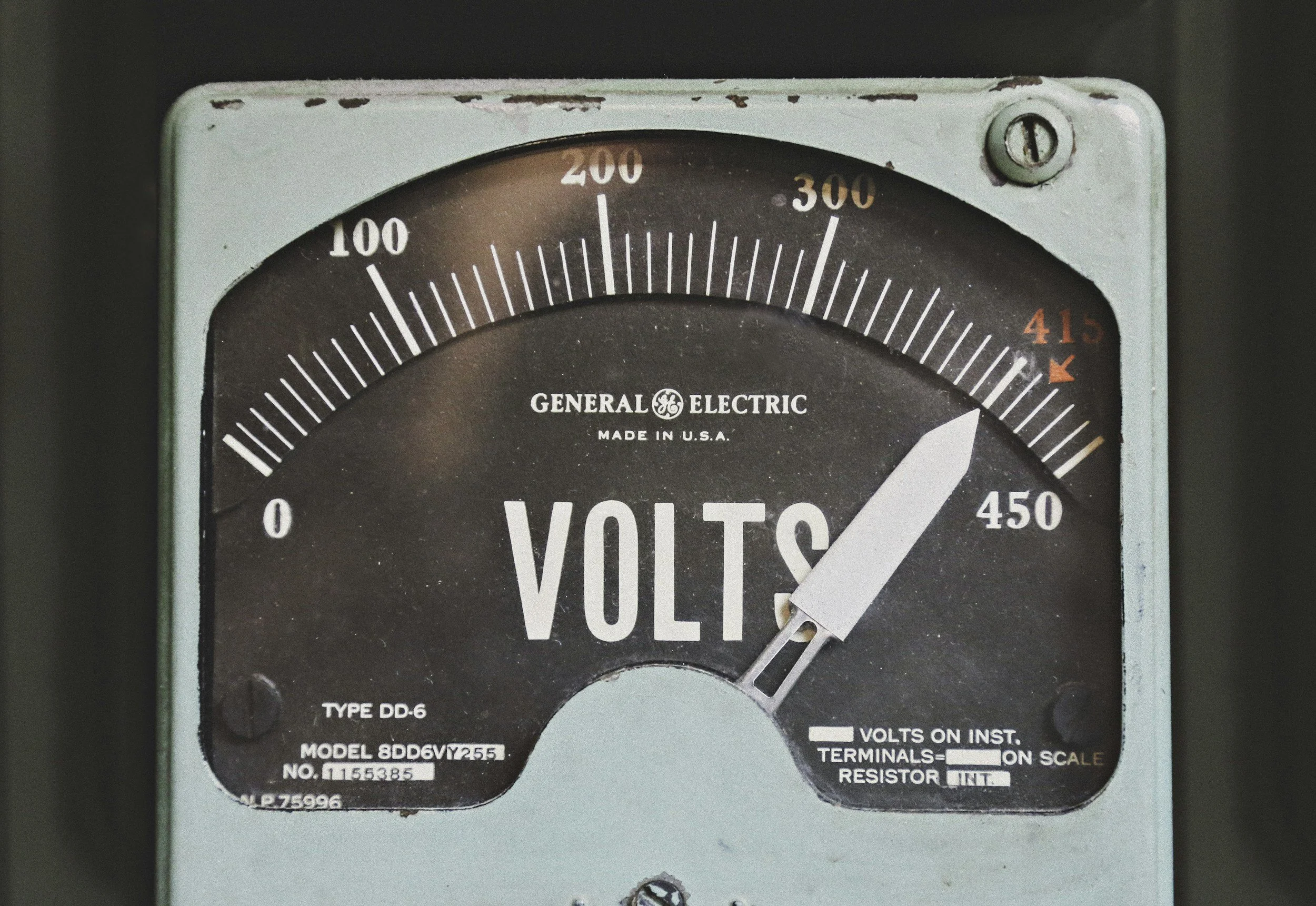Co-ops are an Engine for Economic Development
Cooperatives are a type of organization that is owned and controlled by its members, who share the profits and benefits of the business. Cooperatives can be found in various industries such as agriculture, finance, healthcare, and retail.
One of the key benefits of cooperatives is the ability to pool resources and expertise to achieve common goals. Members work together to create a sustainable business model that benefits everyone involved. This often leads to increased efficiency, reduced costs, and higher quality products or services. Additionally, cooperatives provide an opportunity for individuals to participate in the decision-making process, which can lead to greater satisfaction and engagement.
Cooperatives also have a positive impact on the community as a whole. They often prioritize social responsibility and community development, which can lead to job creation, economic growth, and improved quality of life for residents. By promoting the well-being of their members and the community, cooperatives contribute to a more equitable and just society.
-

Co-ops Foster Economic Growth Across Alaska
Alaska is home to over 100 co-ops spanning various sectors, including banking, utilities, mariculture, agriculture, food, and fishing. Co-ops have proven to be a successful business model across the state. They not only provide power to a majority of Alaskan households but also help independent businesses access services they might not otherwise have. Co-ops serve as a powerful economic development tool, driving growth and sustainability in Alaska.
-

Electric Co-ops Power Rural America and Alaska
Electric cooperatives (co-ops) are member-owned, not-for-profit organizations that provide electricity to rural and underserved communities. Unlike investor-owned utilities, electric co-ops focus on serving their members' needs rather than generating profit. Members typically have a say in decisions and governance, promoting community-driven solutions for reliable and affordable energy. These co-ops often prioritize renewable energy and local development. Fun fact: Electric cooperatives, along with telecom cooperatives, are the only types of co-ops that can operate as non-profits under Alaska law.
-

Co-ops Offer Market-Based Solutions
Cooperatives offer market-based solutions by leveraging member ownership and democratic control, enabling them to operate efficiently while meeting the needs of their communities. By reinvesting profits locally, co-ops foster economic development, create jobs, and support local businesses. This member-driven approach ensures that services are tailored to the community's unique needs, promoting sustainability and long-term growth. Through their focus on local investment and self-reliance, co-ops strengthen regional economies and provide a stable foundation for development.
